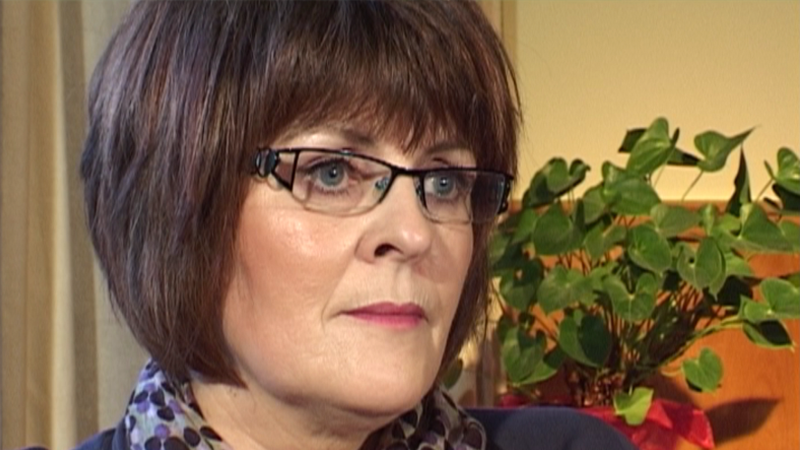Raped and pregnant at 13, Lesley McAskie was pushed from one horrifying experience into another.
She told The Christian Institute in the UK that her parents’ answer to the abuse was to take her to an abortion clinic to have her unborn baby killed.
Now, 40 years later, McAskie said she struggles more with her abortion than she does with the sexual abuse she experienced.
“My abortion affected my life for 37 years,” McAskie said. “I got over the rape but I never got over my abortion experience.”
The Northern Irish woman became pregnant from sexual assault when she was just 13 years old. She said her parents took her to England for an abortion because their home country protects unborn babies’ right to life.
McAskie said the abortion clinic did not provide any counseling about her options, and barely any information about the procedure.
“I was given no counseling beforehand,” she said. “I was given no counseling after it.”
She said she still remembers what the nurse told her right before the abortion: “‘Do you know what they’re going to do to your baby? … They just put this instrument into you and then they chop it all up and they’ll suck it out into a bag and then they throw the bag in the bin.’”
McAskie urged other sexual assault victims to think twice before having an abortion.
“Don’t go into having an abortion because it’s a quick fix – it’s not. That abortion experience will stay with you for the rest of your life. It will haunt you,” she said.
Research indicates that McAskie’s feelings are not unique. Abortion often is pushed as a solution for victims of sexual assault, but many say their abortion only added to their trauma. Some even said the abortion felt like being raped again.
Research by the Elliot Institute found that between 75 percent and 85 percent of pregnant rape victims do not have abortions. Of those who did, many felt pressured or coerced to abort their unborn babies.
For example, in 2015, a sexual abuse victim told a British court that her abuser forced her to abort her unborn baby. While the woman admitted that she had no desire to be a mother, she said she would not have aborted her baby – “because I didn’t want to go through all that.”
“Post-Abortion Review” editor Amy Sobie wrote more about the study:
[A]lthough many people believe that abortion will help a woman resolve the trauma of rape more quickly, or at least keep her from being reminded of the rape throughout her pregnancy, many of the women in our survey who had abortions reported that abortion only added to and accentuated the traumatic feelings associated with sexual assault.
This is easy to understand when one considers that many women have described their abortions as being similar to a rape (and even used the term “medical rape), it is easy to see that abortion is likely to add a second trauma to the earlier trauma of sexual assault. Abortion involves an often painful intrusion into a woman’s sexual organs by a masked stranger who is invading her body. Once she is on the operating table, she loses control over her body. Even if she protests and asks the abortionist to stop, chances are she will be either ignored or told that it’s too late to stop the abortion.
An abortion does not solve the problem of rape trauma. It only creates more abuse by victimizing a second innocent life, that of the unborn child.
McAskie said sexual abuse victims need real support, not abortion.
“If a woman finds herself pregnant as a result of rape, she really needs to have some care. She needs compassion, she needs counseling, she needs a great deal of support. She doesn’t need another act of violence in abortion,” she said.








